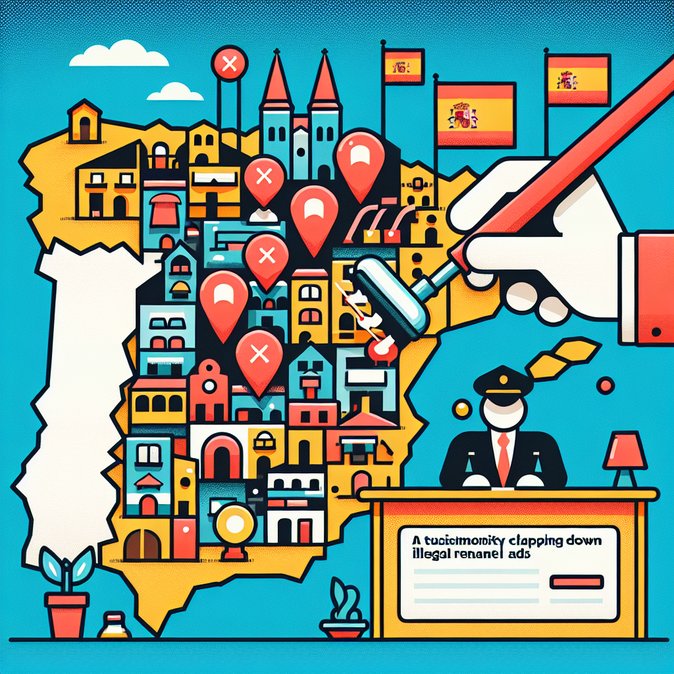
The Region of Murcia chose the public-holiday lull on 1 November to trumpet progress in its year-long sweep against unregistered tourist housing. Officials told the regional ‘Mesa de seguimiento de viviendas de uso turístico’ that 1,436 adverts had been delisted from major platforms—plus a further 2,000 voluntarily withdrawn by Airbnb under a data-sharing deal—since January. Twenty-eight sanction files have already been opened.
The push follows a 2024 amendment to Spain’s Horizontal Property Law that makes communities of owners liable for rogue rentals and empowers regions to impose hefty fines. Murcia has gone further, setting up a “one-stop” digital window where landlords must file a declaración responsable before advertising. Platforms receive weekly feeds of the official registry and have 48 hours to deactivate non-compliant listings.
![Murcia removes 1,436 illegal holiday-rental adverts in fresh crackdown on unlicensed accommodation]()
For corporate travel managers the announcement matters because fines can now reach €40,000, exposing companies that book staff into unlicensed flats. The regional tourism board recommends verifying registry numbers before reimbursing accommodation expenses; several TMCs have begun black-listing properties without a valid code.
Legal advisers note that Murcia is acting as a testbed for national legislation due in 2026 that will harmonise short-stay rules across Spain’s 17 autonomous communities. If the pilot proves effective, expect other regions—including the Canary Islands and Catalonia—to adopt similar API-based enforcement, tightening compliance obligations for mobility departments managing long-stay projects.
The push follows a 2024 amendment to Spain’s Horizontal Property Law that makes communities of owners liable for rogue rentals and empowers regions to impose hefty fines. Murcia has gone further, setting up a “one-stop” digital window where landlords must file a declaración responsable before advertising. Platforms receive weekly feeds of the official registry and have 48 hours to deactivate non-compliant listings.

For corporate travel managers the announcement matters because fines can now reach €40,000, exposing companies that book staff into unlicensed flats. The regional tourism board recommends verifying registry numbers before reimbursing accommodation expenses; several TMCs have begun black-listing properties without a valid code.
Legal advisers note that Murcia is acting as a testbed for national legislation due in 2026 that will harmonise short-stay rules across Spain’s 17 autonomous communities. If the pilot proves effective, expect other regions—including the Canary Islands and Catalonia—to adopt similar API-based enforcement, tightening compliance obligations for mobility departments managing long-stay projects.










